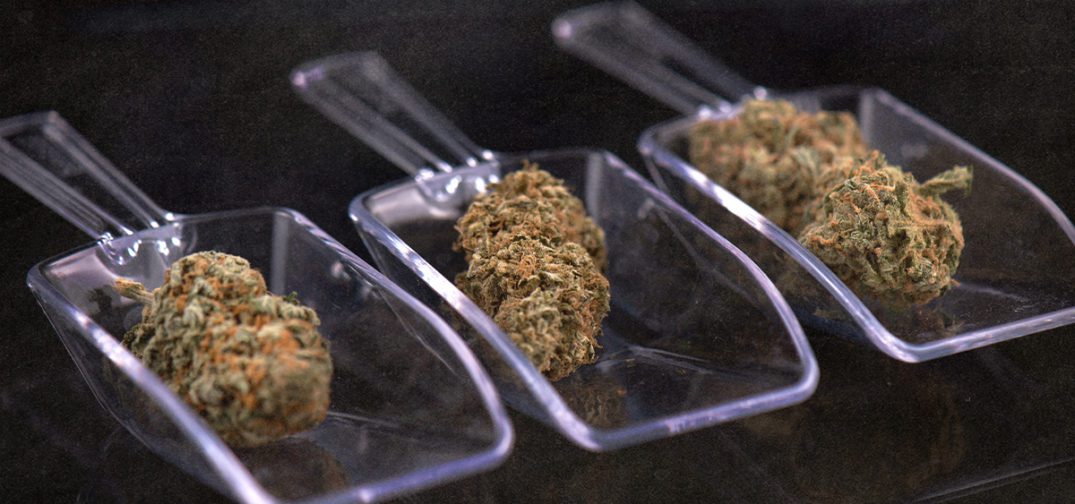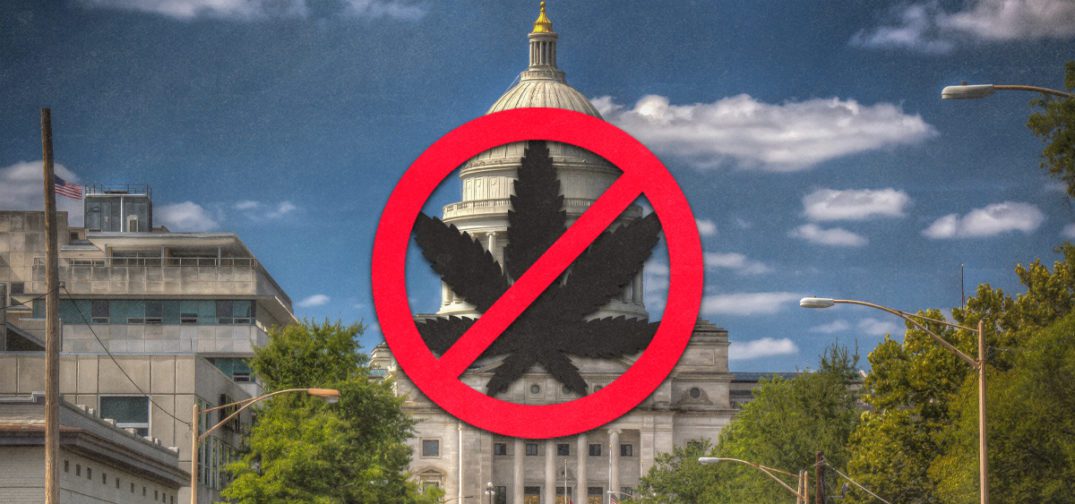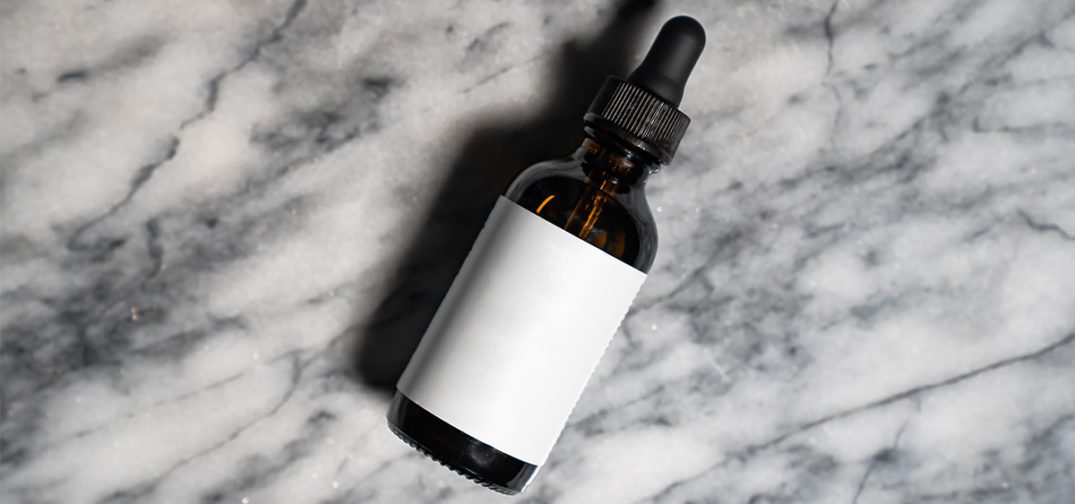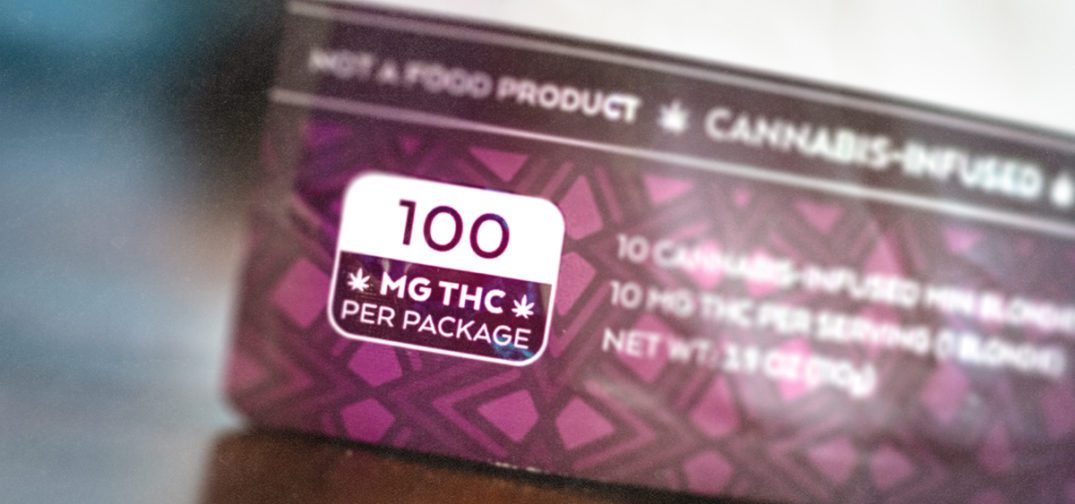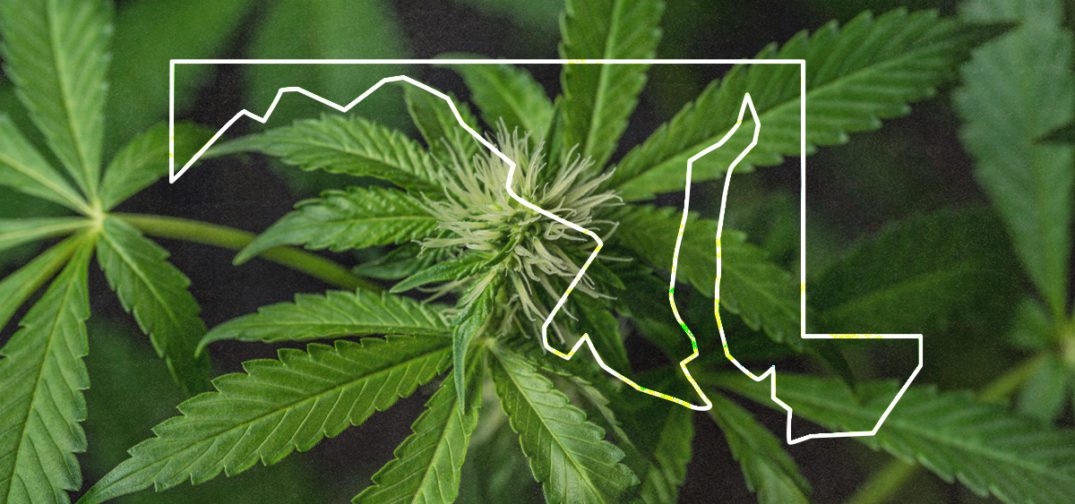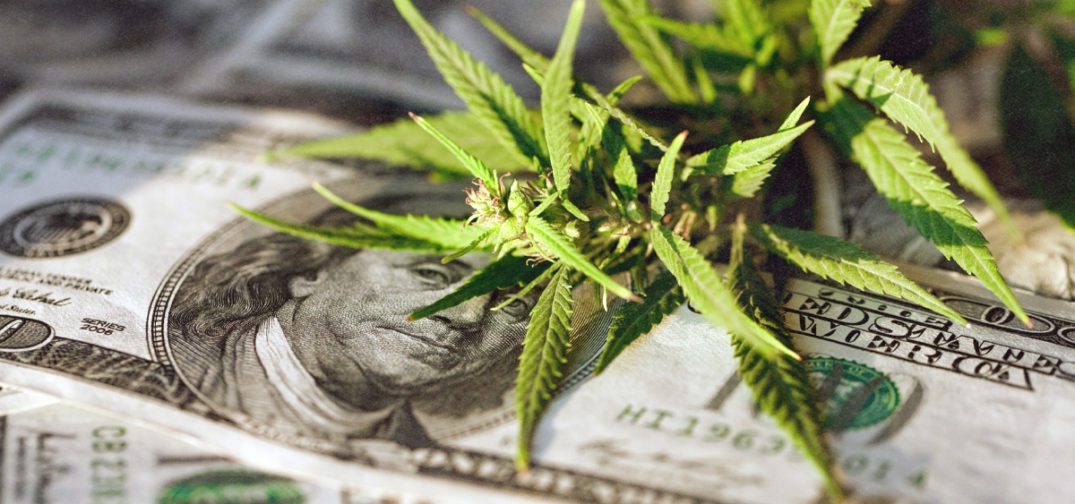Editors note: This guest contribution was co-written by Trent Hancock and Shayney Norick, who are co-founders and the head breeder and head grower respectively for Creswell Oreganics, an Oregon-based licensed cannabis cultivator.
Imagine before you sit two very different wines. Visually similar for the most part, yet one wine is crafted from high-quality grapes grown in an ideal vineyard and the other is as majestic as waters cascading from a drain pipe. You wouldn’t choose one over the other based on alcohol content. Instead, a wine enthusiast would distinguish them by aroma and taste. Cannabis in this aspect is very similar. It’s nice to see that labs giving out extraordinarily high THC percentages is finally a topic of discussion in cannabis business circles but we have yet to see an article that focuses on the root of the issue which exists in each and every legalized state.
I would like to start by stating that most labs are honest professionals. However, because of the way the regulations were written, the states have structured testing in a way that forces private labs to compete for the business of cannabis companies. The demand for high THC currently determines cannabis’ value and it has created an incentive for labs to give higher scores to their clients, which means the labs that are willing to give higher THC scores have a business advantage.
Everyone knows the phrase “the fox guarding the henhouse,” and no phrase describes the current cannabis testing standards better. In Oregon, even with the most extensive standards in cannabis testing’s short history, they have forgotten the most important thing: don’t let the fox guard the henhouse!
Understanding the status quo
The current “chain of custody” for samples being tested is completely compromised because the growers and processors determine which product is sampled, and which products go to dispensaries under that test result. Since growers and processors are simply clients to the labs, they are not in a position to actually protect consumers. If state legislators in legal states knew how testing actually worked and that their constituents were not being protected, they would have never approved the prevailing model of testing.
The public is not usually informed about how the sampling process works for cannabis testing so I would like to lay it out for everyone, from the perspective of a licensed Oregon cannabis farm:
- After the harvest or extraction process, the producer/processor calls a private lab of their choice to set a test date for the lab to pick up samples at the company’s facility.
- A Metrc “batch sticker” is used to identify the product to be tested. The producer/processor alone determines which batch is tested under this sticker.
- The product/batch to be tested is presented to a lab employee by the producer/processor. There is no way for this batch to be verified by the lab, and it could easily come from a different batch that has already tested clean.
- A lab employee takes a sample from the batch presented to them and the lab later emails the test results to the producer/processor.
- Products that fail testing are not required to be destroyed until the producer/processor has a chance to re-test it. Failed test results are not made public, and dishonest companies can simply present a clean batch to get past testing on the second test. They are able to sell whatever product they choose to dispensaries under the new clean test result.
- The producer/processor decides what goes to retail stores under the passed test result, knowing the product is never tested at the retail shelf. Ultimately, this allows dishonest producers/processors the ability to sell dirty products under “clean” batches and never get caught.
Solutions
This dilemma and potential health risk to consumers could be dramatically reduced by:
- Private labs working directly for the State. Severing the relationship between labs and cannabis companies is in the best interest of honest businesses, but most of all it is in the interest of the consumers who deserve real testing.
- Random monthly testing at all dispensaries. Tracking software like METRC could be used to red flag a failed batch from the dispensary shelf, and identify every dispensary that has product from that batch. The state agency with oversight would be able to immediately get the product off other shelves and have it tested to verify the issue came from the farm.
- Publishing test results would let the press and the public know of failed tests. It would also make public the detailed reports that show “allowable traces” of pesticides and fungicides detected in cannabis products.
- Risk of losing their company’s production and/or processing license. If cannabis businesses knew that failed tests would be public information and could put them at risk of losing their license from multiple failed tests, the consumer would have real protection.
Sadly, the majority of pesticides & fungicides used by growers are not being tested for, and have never been tested for safety when combusted. For example, many growers use Neem oil on flowering plants. Neem is an oil-based organic spray that requires a degreaser (usually dish soap) to break down the oil into water for spraying. When sprayed on the plant, the soap breaks down and merges the Neem with the plant’s trichomes, altering the aroma, taste, and overall quality of the cannabis. Once another oil has merged with the trichomes it is impossible to remove. Currently, there is no movement to test products for risk upon combustion, creating a void in the industry and its understanding of the potential health risks from these unregulated solutions.
Prior to testing, the quality of cannabis was determined through the senses. Much like top-shelf wine, craft cannabis starts with the plant’s environment, its genetics, and the capability of its growers. Naturally, its visual appearance is judged first but a sample’s distinctive aromas, flavors, overall smoothness of the smoke, and aftereffects reveal the true quality of the product and producer. Quality cannabis products should taste incredible from start to finish whilst smooth enough to smoke all day. Grown right, you will experience distinct flavors created by each plant’s genetics. It should never leave your lungs or throat feeling like you smoked a pack of cigarettes. Even the smell of the smoke in the air should be clean, aromatic, and just as enticing as the beginning product.
But until the business relationship between cannabis producers and testing labs is adjusted, these quality indicators will continue to be overlooked for THC potency and, sadly, its inflation.
End
